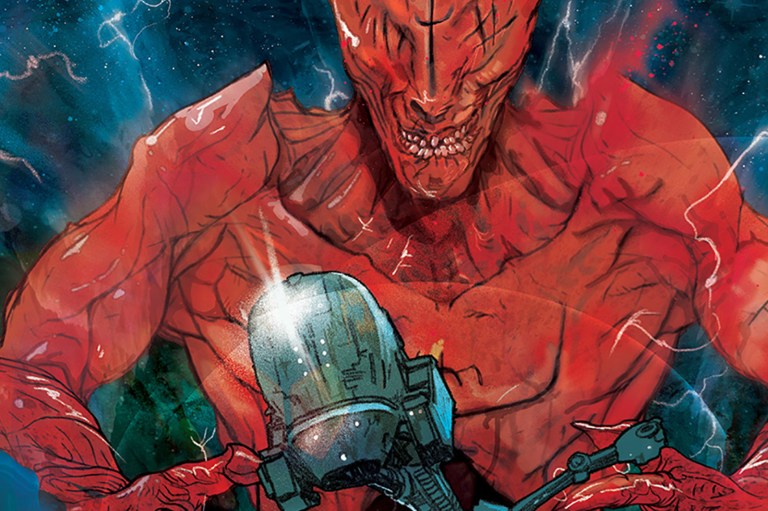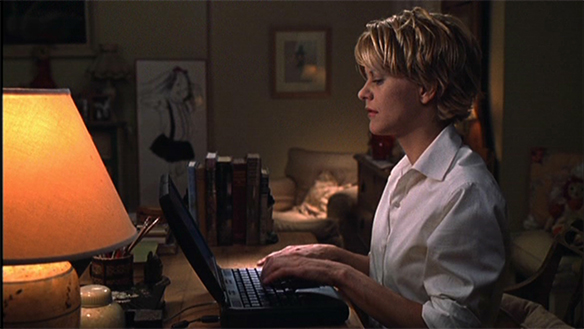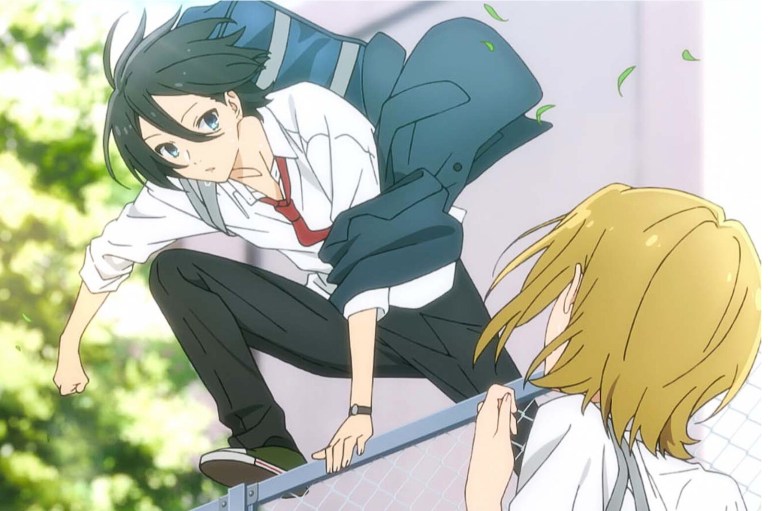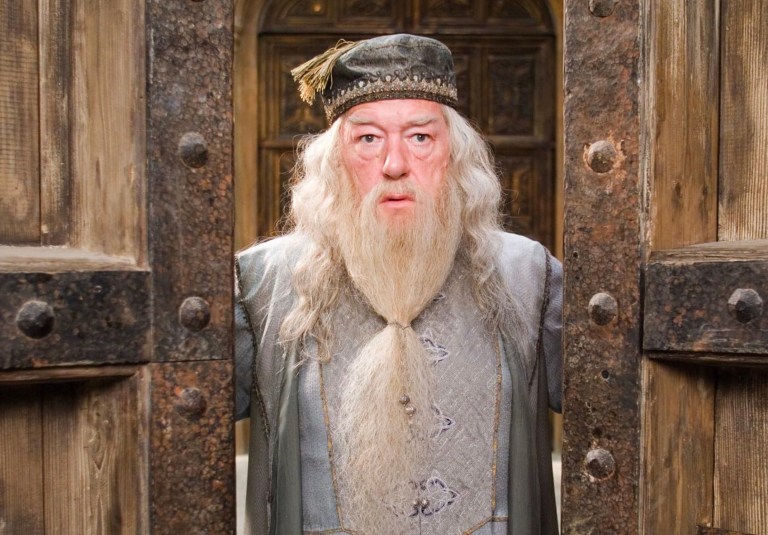
I Share A Room With My Autistic Brother. He’s Been Talking A Lot In His Sleep.
“There’s a man, he’s after me, someone, someone stopped him but I think he’s following me, I hear him, I’m just running—“
By Anonymous
I can’t wake up from this nightmare.
A lot of autistic children are difficult to handle, but my brother Lucas isn’t one of them. His 16 years on this earth have not inconvenienced my family in the least. In fact, I can say that of all the autistic kids I’ve met, Lucas is the sweetest and gentlest. I’m not just saying that because he’s family; neighbors, teachers, and friends constantly note his calm disposition with surprise.
Up until lately, he’s never talked much. He spends hours on the phone with his best friend, an autistic classmate named Alex, and doesn’t say anything but “Hi, Alex,” and “Bye, Alex.” He’s content to spend all day sitting in his banana chair and playing PlayStation. Getting him to leave his room for any reason is like pulling teeth—unless, of course, we lure him with Doritos and Nutter Butters.
He really is the greatest kid. That’s why I’m so worried about him.
Over the past month, Lucas has talked more and more, but not while he’s awake. No, during the daytime, it’s pretty much business as usual. But at night, business has become very strange indeed. See, though Lucas is a teenager, he’s got the mental stature of a toddler. He says things a toddler would say, acts the way a toddler would act, and enjoys things that a toddler would enjoy. We’ve grown accustomed to this; for instance, if he wants a peanut butter and jelly sandwich, he’ll say “milk and sandwich” and we all know what he means. He does not speak in complete sentences, and he does not have a large vocabulary—which is why I’ve been so unnerved by the things he says in his sleep.
Lucas has never been a sleep-talker—I would know, I’ve shared a room with him his entire life. So when I awoke many nights ago to the sound of him babbling away from the bunk below mine, I paid attention.
The first thing I noticed was that his voice sounded different; my first thought was that somebody else was in our room. I almost would have preferred that. What I heard that night—and many nights since—was undoubtedly Lucas’s voice, but sharper, clearer, somehow more intelligent. Honestly, it’s how I think his voice would sound if he were not autistic.
The second thing I noticed is what he said. “Hi, have we met?” Over and over again. Once every thirty seconds or so. It reminded me of something Lucas used to do in his childhood. He’d put in a movie, lie down next to the VCR and prop his feet up against it; then, he’d use his toes to rewind the most amusing scenes. Over and over again.
The third thing I noticed is how he said it. He wasn’t just saying words, he was meaning them. The diction, the intonation—it sounded for all the world as though he were actually speaking to someone. “Hi” was bright and cheerful, the tone employed by perpetually happy people all over the world. Then, a pause. Hesitating. “Have we met?” Still upbeat, but with a hint of confusion. Maybe even trepidation.
I said Lucas’s name, quietly at first, and then louder. He didn’t respond. I hopped off the bed and used the light from my phone to look at him. He appeared to be both fully asleep and fully alert. He was lying down, yes, and his eyes were closed—but he somehow looked awake, attentive. He was on his back, flat as a board, his legs straight and his arms at his sides. His face pointed straight up toward the bunk board, his eyes dancing behind their lids and his mouth turned up in a small smile. I was about to go back to bed when his facial expression changed.
His smirk dissolved into a grimace. His face, once relaxed, was now scrunched and his eyes shut tight. He started to breathe more heavily, and I noticed a light shimmer of sweat beginning to appear on his forehead. I tried to shake him awake, but he wouldn’t budge. His muscles looked so tense that I wondered if I should wake our parents. I decided against it, partly because I don’t get along with our parents, and partly because I was getting freaked out and just wanted to sleep.
I scrambled back into bed a little too quickly for a 17-year-old guy. Just as I had relaxed and started to drift off, I heard Lucas’s voice once more—this time a whisper, scared and helpless. “No. Please.”
I couldn’t get back to sleep that night.
Things were normal the next day. Lucas played video games, watched Teletubbies, and paced around our room. If anything was wrong, he didn’t know it. I even interrupted Star Wars Battlefront II and asked him—“Luke, did you sleep good last night?”—but he just nodded. “Yeah?” I said, and he replied with an affirmative “sleep good,” his eyes never leaving the screen. Then he started making the whale noises from Finding Nemo. Like I said, things were normal.
I suppose I’m not sure how often he’s talked in his sleep, but the next time it woke me up was a week later. It was loud. My parents sleep upstairs, so they didn’t hear it, but they certainly would have if they were on our level.
He was crying.
“What are you—what do you want with me?” he asked through sobs. He sniffled, then louder: “What do you want?!” I hopped out of bed immediately and turned on the light. He was asleep, but his face was twisted even more grotesquely than it had been a week before. Tears rolled down his cheeks and soaked the pillow. I said his name forcefully, and even shook him, but he wouldn’t wake.











